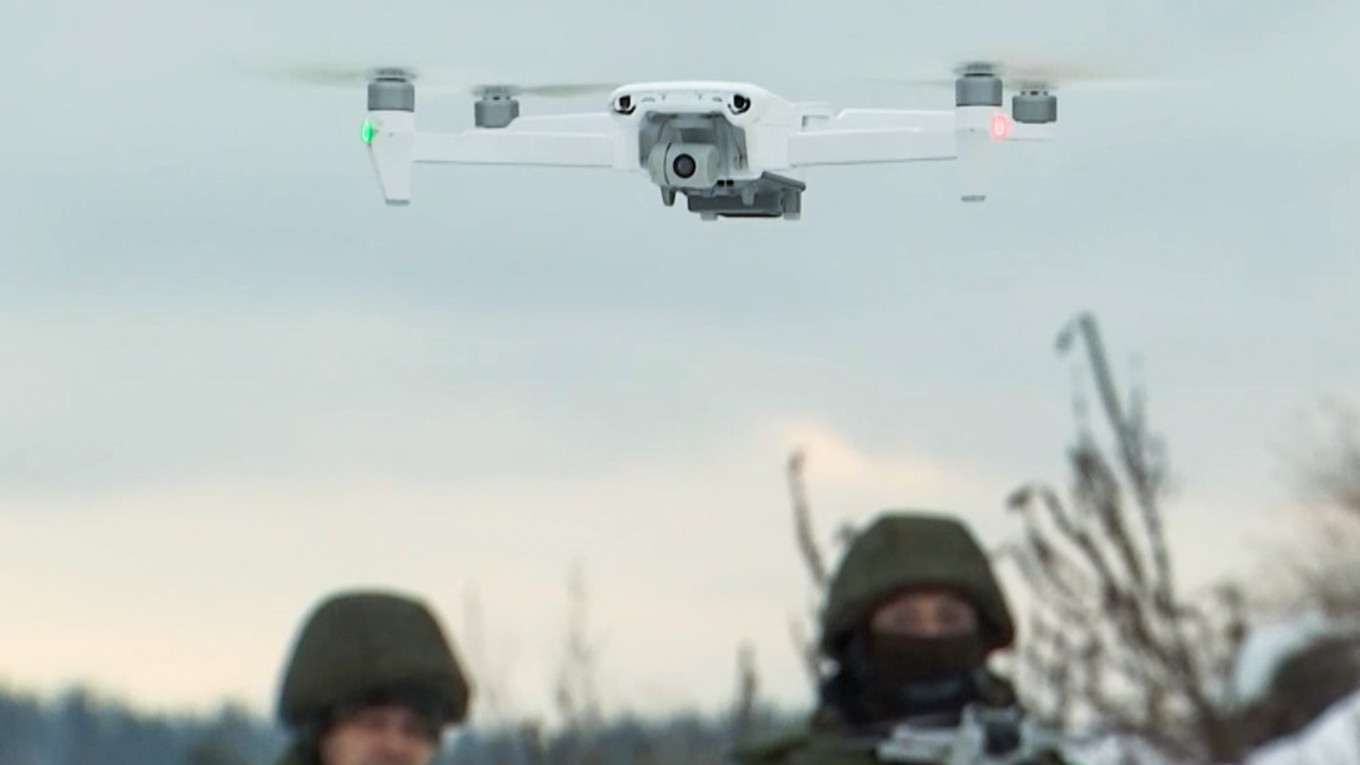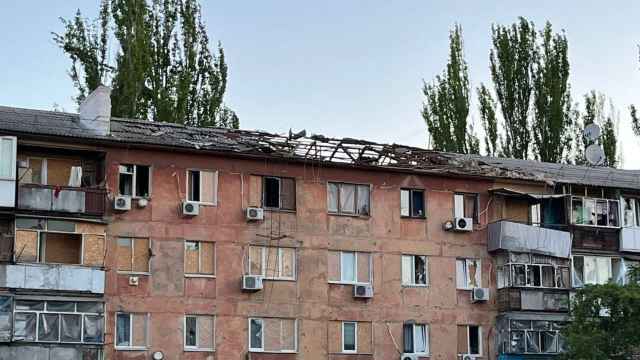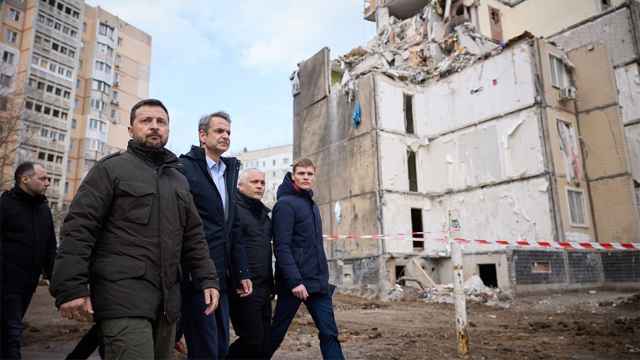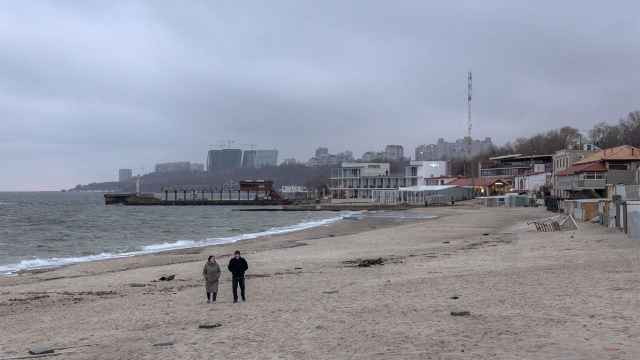The southern Ukrainian city of Odesa was left without power Saturday following a night-time attack by "kamikaze drones" launched by Russia, authorities said.
"As of now, the city is without electricity," Kyrylo Tymoshenko, deputy head of the Ukrainian presidential administration, said on messaging app Telegram.
Only critical infrastructure including hospitals and maternity wards had access to electricity.
"The situation remains difficult, but is under control," Tymoshenko said.
The Black Sea port of Odesa was a favourite holiday destination for many Ukrainians and Russians before President Vladimir Putin sent troops to pro-Western Ukraine on Feb. 24.
Maksym Marchenko,the governor of the region of Odesa, said Russia had attacked the city with "kamikaze drones" overnight.
"As a result of the strike, there is no electricity in almost all districts and communities of our region," he said.
Two drones were shot down by Ukrainian air defence units, Marchenko added.
On Friday, Kyiv said southern regions of the war-scarred country including Odesa were suffering the worst electricity outages days after the latest bout of systematic Russian assaults on the Ukrainian energy grid.
Russia fired dozens of cruise missiles at key infrastructure in Ukraine on Monday, piling pressure on the country's already ailing grid after repeated attacks.
Russia began targeting Ukraine's infrastructure foloowing a series of military defeats.
On Thursday, Putin vowed to keep battering Ukraine's energy grid despite an outcry against the attacks that have plunged millions into cold and darkness.
A Message from The Moscow Times:
Dear readers,
We are facing unprecedented challenges. Russia's Prosecutor General's Office has designated The Moscow Times as an "undesirable" organization, criminalizing our work and putting our staff at risk of prosecution. This follows our earlier unjust labeling as a "foreign agent."
These actions are direct attempts to silence independent journalism in Russia. The authorities claim our work "discredits the decisions of the Russian leadership." We see things differently: we strive to provide accurate, unbiased reporting on Russia.
We, the journalists of The Moscow Times, refuse to be silenced. But to continue our work, we need your help.
Your support, no matter how small, makes a world of difference. If you can, please support us monthly starting from just $2. It's quick to set up, and every contribution makes a significant impact.
By supporting The Moscow Times, you're defending open, independent journalism in the face of repression. Thank you for standing with us.
Remind me later.






